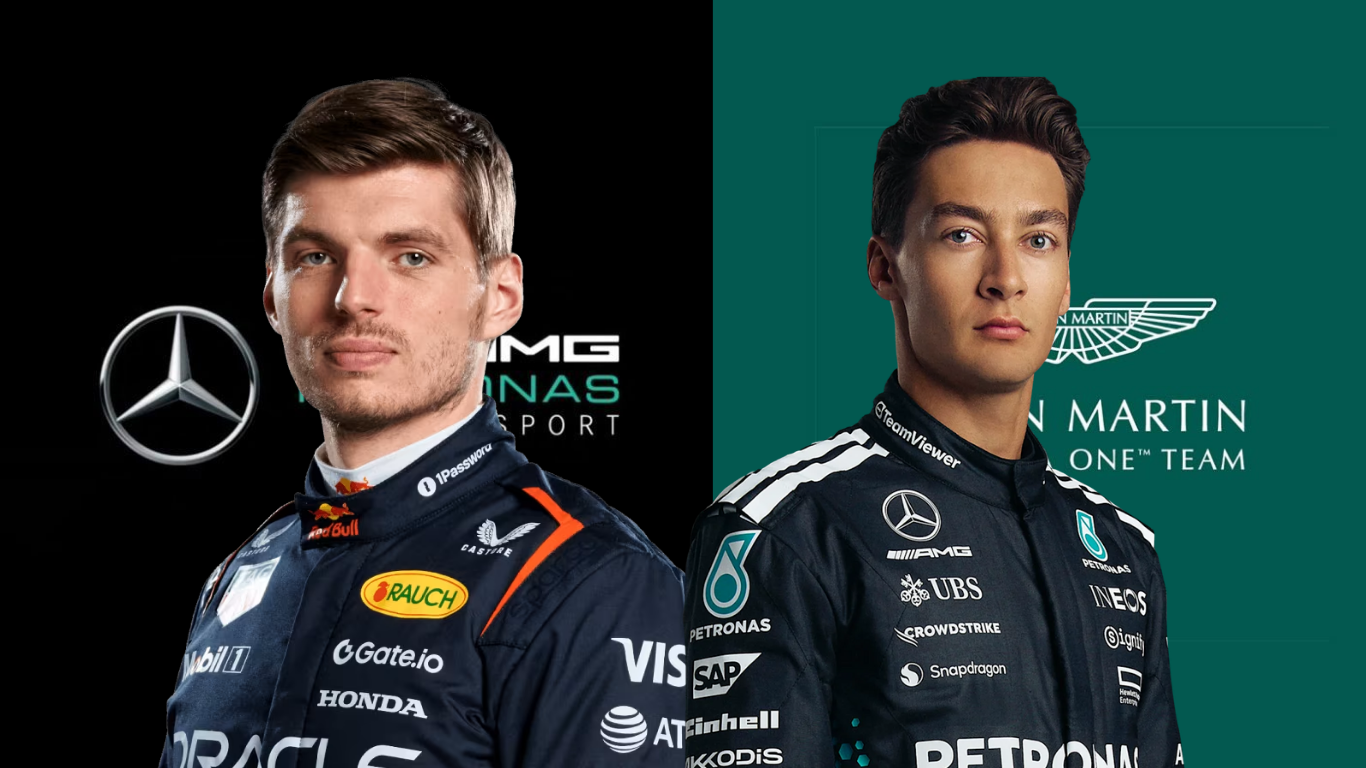Max Verstappen to Mercedes? CEO Reportedly Approves Major Move
The prospect of Max Verstappen trading Red Bull for Mercedes in 2026 is quickly shifting from paddock rumor to genuine possibility.
According to sources close to both teams, Mercedes CEO Ola Källenius has now given full approval for a high-stakes move to sign the reigning four-time world champion, who remains under contract with Red Bull until the end of 2028.
Despite the long-term nature of Verstappen’s current agreement, senior figures at Mercedes believe the Dutch driver could soon become available—thanks to a potentially critical contract clause.
Exit Clause Becomes the Major Obstacle
At the center of the drama is the “performance element” written into Verstappen’s contract during Christian Horner's tenure as team principal. As confirmed by Horner last year, Verstappen has the ability to trigger an exit from Red Bull if he is sitting lower than fourth in the Drivers' Championship immediately after the Hungarian Grand Prix—the final race before F1's summer break in early August.
With Verstappen currently ranked third, and an 18-point edge over George Russell, who he would likely replace at Mercedes, his short-term fate depends largely on his performances over the next few races.
Should Verstappen stay inside the top three or four, as stipulated by the varying reports, the release clause would not be activated and Red Bull could hold him to his deal. However, sources suggest he could explore alternative legal options to engineer an early exit if the team’s competitive prospects continue to fade, especially after the recent sacking of Horner and signs of instability at Red Bull.
A Game-Changing Decision for F1’s Future
Verstappen’s departure would send shockwaves through the Formula 1 landscape. The contract situation has already triggered deep strategic preparations at Mercedes, with reports emerging that Källenius, team boss Toto Wolff, and co-owner Sir Jim Ratcliffe have been discussing how to fund Verstappen’s estimated $75 million per season salary.
Mercedes is betting big on the upcoming 2026 regulations—when new engines, sustainable fuels, and active aerodynamics are introduced—to lure Verstappen, hoping their early progress on the new power unit will convince him that Brackley is the best place to challenge for more world titles.
Verstappen himself has remained characteristically non-committal, refusing to rule out a move while stressing there is “no decision at the moment,” further fueling speculation around the paddock. His value to Red Bull is underscored by the fact that he has scored the overwhelming majority of the team’s championship points this season, and losing him could dramatically alter the competitive order.
As the summer break looms and Verstappen’s clause nears its trigger date, the F1 world is bracing for a possible seismic driver market shift. Whether Verstappen stays with the team that gave him his first title shot or bets on Mercedes to deliver the next era’s fastest car will define not only his future, but the direction of Formula 1 as a whole.





















